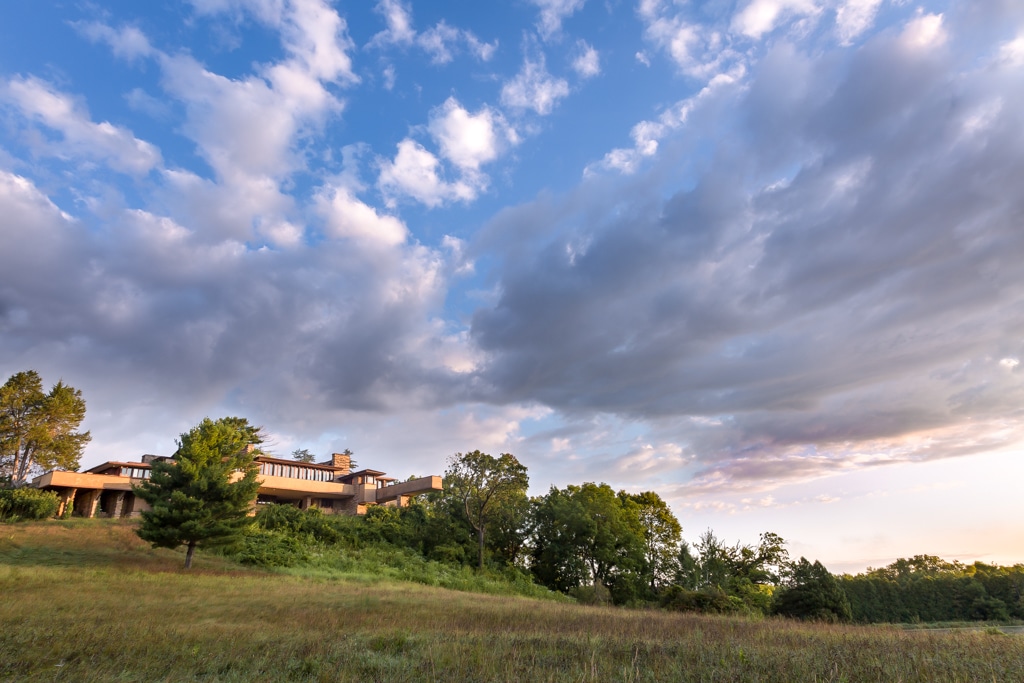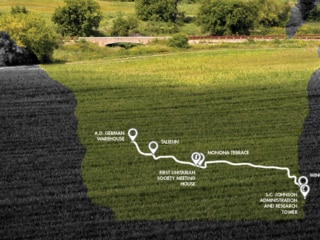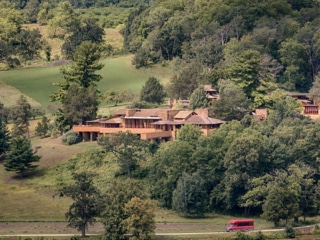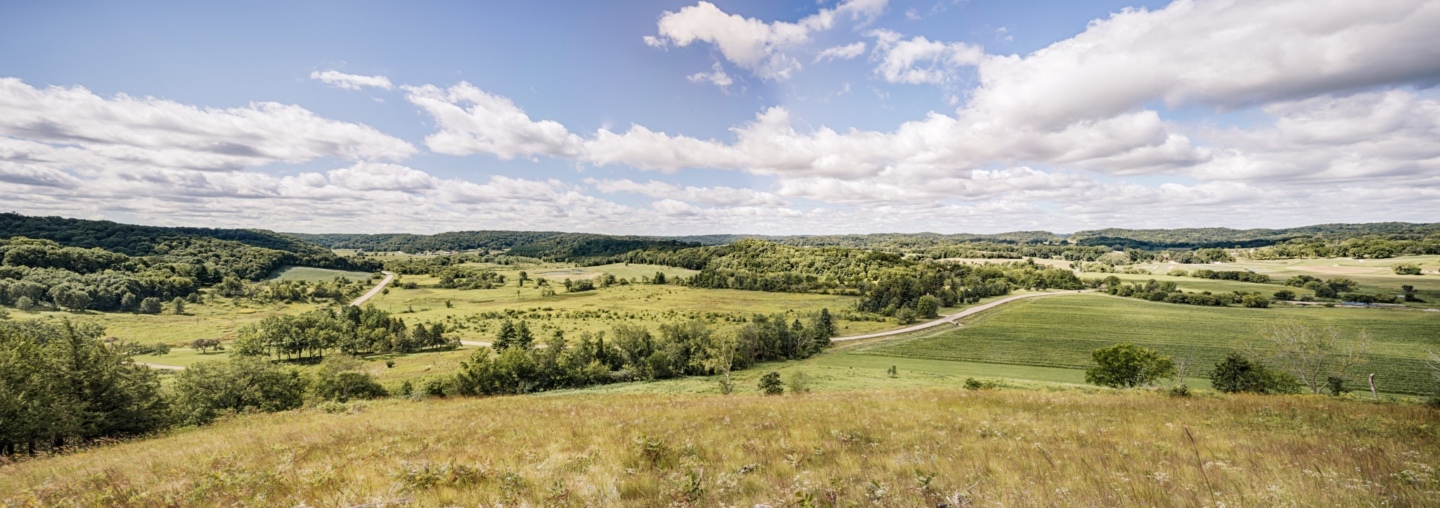
Why I Love Wisconsin
Frank Lloyd Wright | May 29, 2020
In 1932, Frank Lloyd Wright wrote the following article for Wisconsin Magazine in which he describes his feelings for the state he loved above all others (with Arizona coming in second) as well as his fascination with Wisconsin’s red barns and lack of “snobs.”
“Why I Love Wisconsin” @ /66S, The Frank Lloyd Wright Foundation. Above photo by Andrew Pielage.
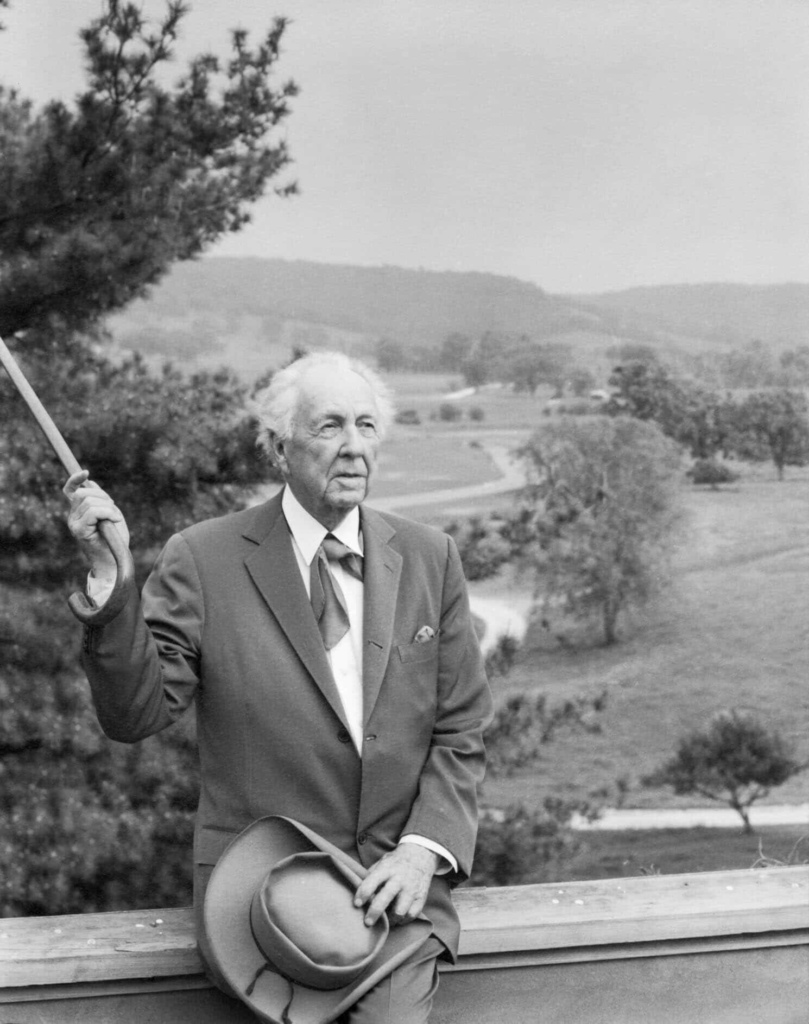
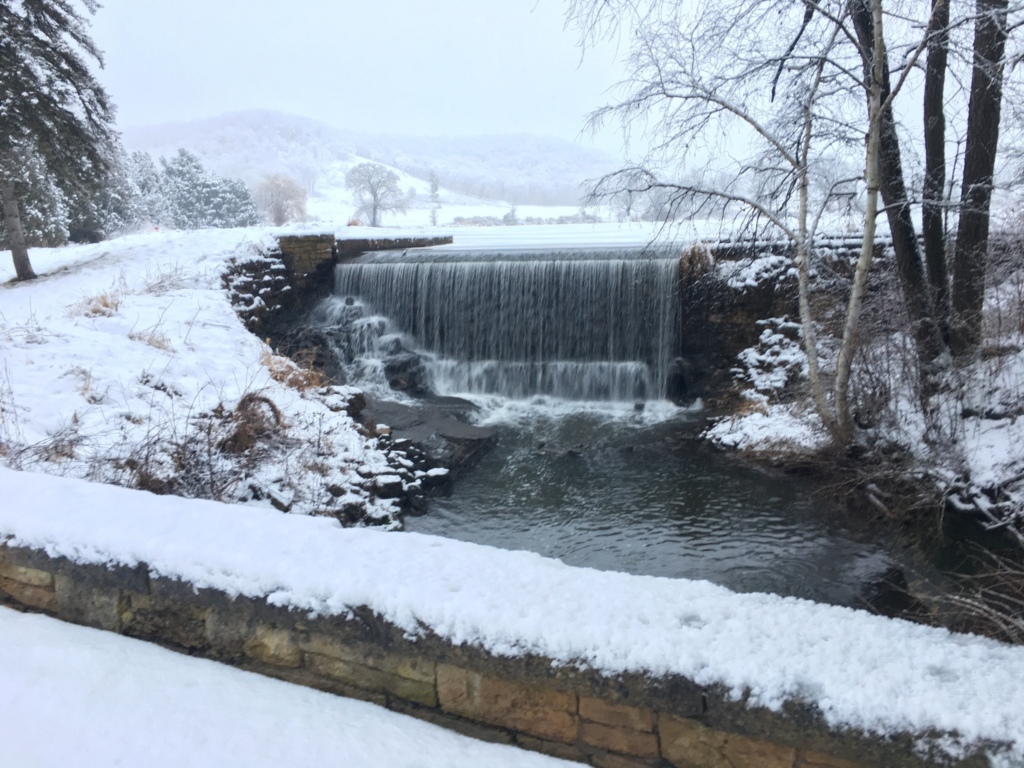
I love Wisconsin because my staunch old Welsh grandfather and my gentle grandmother and their ten children settled here nearby. I see the site of their homestead and those of their offspring as I write. Offspring myself, my home and workshop are planned on the ground grandfather and his sons broke before the Indians had entirely gone away.
More dramatic elsewhere, perhaps more strange, more thrilling, more grand, too, but nothing that picks you up in its arms and so gently, almost lovingly, cradles you as do these southwestern Wisconsin hills. These ranges of low hills that make these fertile valleys of southwestern Wisconsin by leading down to the great sandy plain that was once the bed of a mightier Wisconsin river than any of us have ever seen.
So “human” is this countryside in scale and feeling. “Pastoral” beauty, I believe, the poets call it.
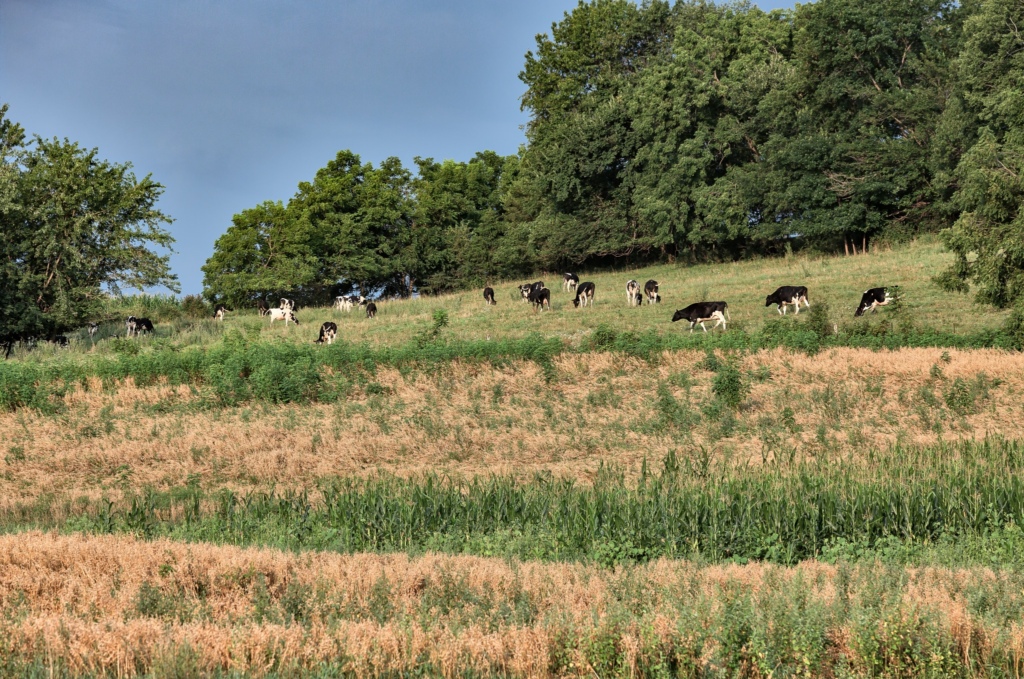
Photo by Andrew Pielage
I doubt if that vast river flood were more beautiful then, however, than this wide, slow-winding, curving stream in the broad sand bed, where gleaming sand bars make curved beaches and shaded shores to be overhung by masses of great greenery. Well, it is not quite like any of the more important rivers of the world. It is more what specialists in scenery would call “picturesque.” It is, however, unique.
So “human” is this countryside in scale and feeling. “Pastoral” beauty, I believe, the poets call it. More like Tuscany, perhaps, than any other land, but the Florentines that roamed those hills never saw such wild flowers as we see any spring, if the snow has been plentiful. The snow usually is plentiful and the cold too. The kind of cold that has always tempered the man of the North as a conquered of the South.
And the Wisconsin red barn! Wisconsin barns are mostly all red, and everywhere make a feature of the landscape missing in most States. A farmstead here is somehow warmed and given life by the red of the barns as they stand about me over the green hills and among the yellow fields with the sun on them.
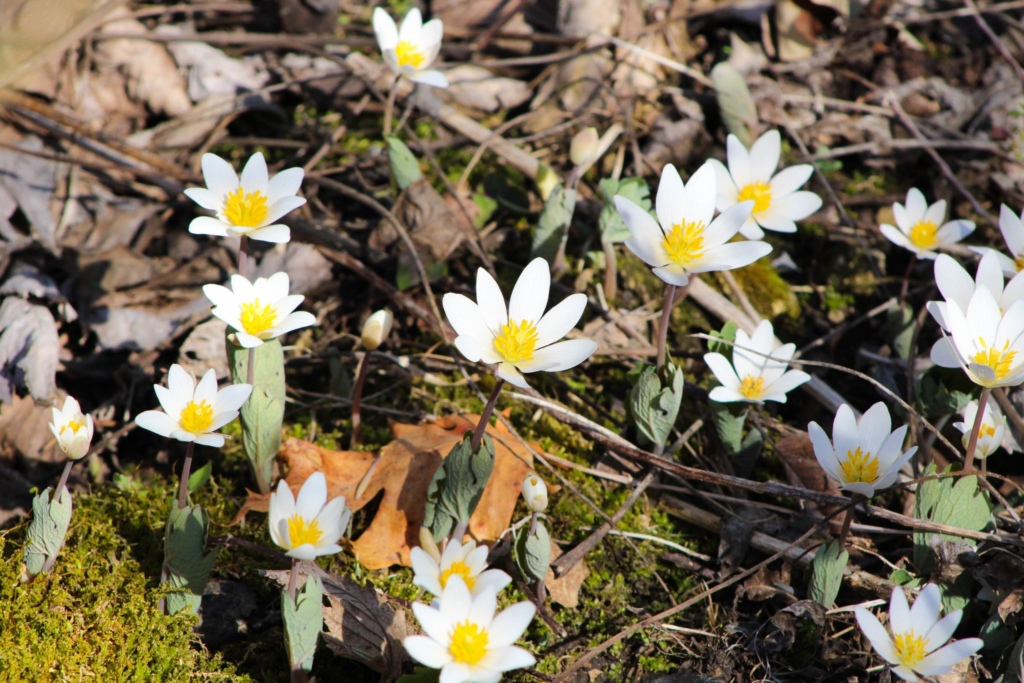
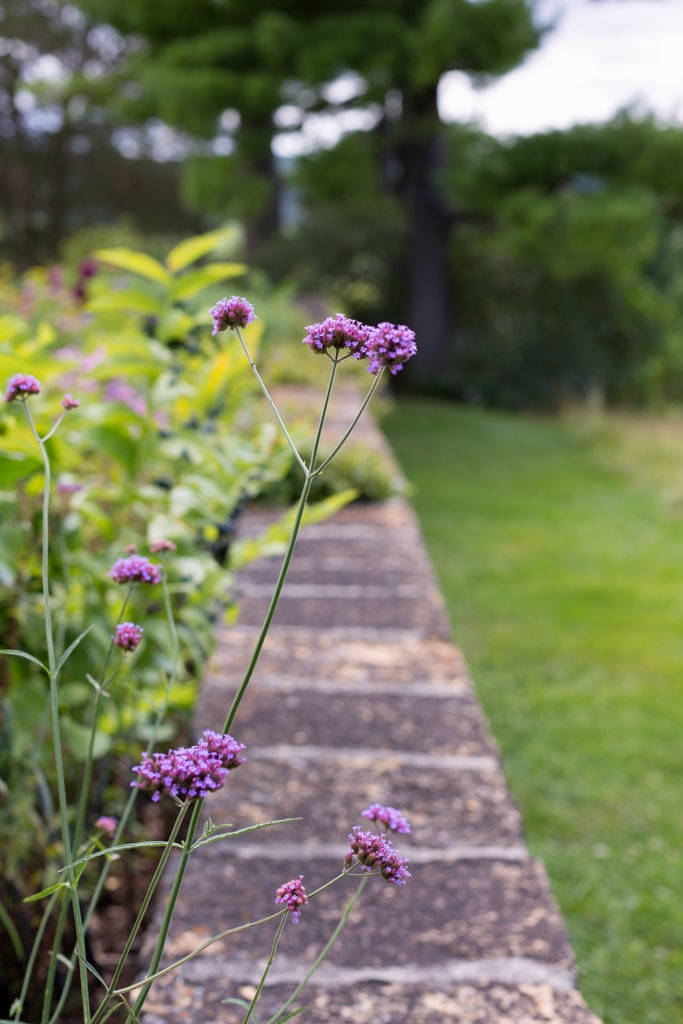
Photo on right by Andrew Pielage
And then Wisconsin is a dairy State. That means herds of pure Holsteins or Guernseys, or what have you, occupying the best ground anywhere around, making pictures that go with the one made by the red barn. Wisconsin, fond of passing laws, should pass another law compelling every farmer to paint his barn red. Another will compel him to pasture his cows by the highway and his pigs back behind the barn.
I‘ve found out, too, that we are known abroad as a “progressive” State. They know about Ross and Commons, Reinsh and Glenn Frank: names that help to make Wisconsin scientific, agrarian and political to the outside world. The name of La Follette distinguishes our political history, I find, wherever I go. And I, too, always speak of Wisconsin as “progressive” when I talk about her away from home. Not understanding very well just what the word means, I suppose, any more than other Wisconsin people, in general, do. But that is what Wisconsin would like to be anyway, and what she means to be. Which is most important after all.
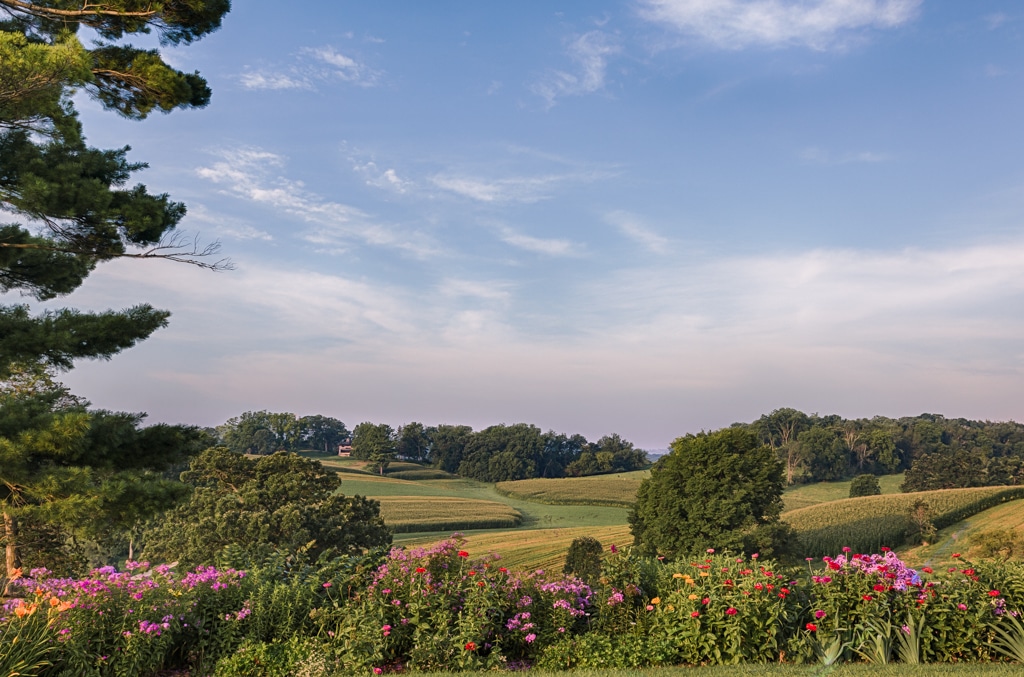
Photo by Andrew Pielage
A good solid State, our State. Physically very beautiful, a veritable playground for humanity in the summer as Arizona is in winter.
Next to Wisconsin, “gathering of the waters,” Arizona, “arid zone,” is my favorite State. Each very different from the other, but something individual in them both not to be found elsewhere.
I am glad, too, Wisconsin is an Indian name. European people interested in architecture have learned to say Wisconsin, in Japan, in Germany, in Holland, Austria, and Switzerland more often probably than any other American name except New York.
Just now on my table is Lloyd’s Reisebureau advertisement proposing excursions to America from Switzerland. The program is given by days, what is to be seen each day. When the “West” is reached, “Dienstag and Mittwoch” are to be devoted to the “Landhausen Wright.”
Next to Wisconsin, “gathering of the waters,” Arizona, “arid zone,” is my favorite State. Each very different from the other, but something individual in them both not to be found elsewhere.
The American people only need to know they can build real buildings. We would like to hold and consolidate all these gains for Wisconsin as the Cardinals hold and consolidate their football gains on the gridiron. We are trying to do this by establishing a larger industrial workshop near here for the young people who want to be American artists: something in which the State university itself might well take an interest. Students are awakening to a lively interest in this matter. But that interest on the part of a great university might, after all, stultify our own enjoyment in a fresh endeavor and get us mixed up with senators and assemblymen and committees and regents and wear us all away with nothing done. Our social system is like that, unfortunately: yes, even in Wisconsin.
Why does any real progress have to overcome so much resistance? Why do we need, always, so many first-class funerals in order to get anything sensible done, if it is “unusual.” Someday Wisconsin will be so progressive that she will consider the fine arts not only essential as science, politics, or farming, but even more fundamental to any State that would live “above the belt.”
Getting back to why I love Wisconsin…..
Being radical I must strike root somewhere. Wisconsin is my somewhere. I feel my roots in these hillsides and I know those of the oak that have struck in here beside me.
Taliesin has received architectural pilgrims from all over the world. They have helped Taliesin a lot and the pilgrims have gone home and written in European newspapers and magazines and books, about America as they discovered it hidden away in a rural nook in southwestern Wisconsin.
In this rural nook in southwestern Wisconsin is our busy workshop. Out of it have come plans for buildings that have established new ideals in life and architecture and carried new principles in engineering into effect. They will never again build buildings in earthquake zones as they did before the Imperial was built in Tokyo.
They will never again build the skyscraper quite so wastefully and foolishly whenever St. Mark’s Tower is completed.
They will not long continue to make little scene paintings of houses in Arizona and California as they now do after San Marcos in the Desert grows up out of the desert as an indigenous human plant.
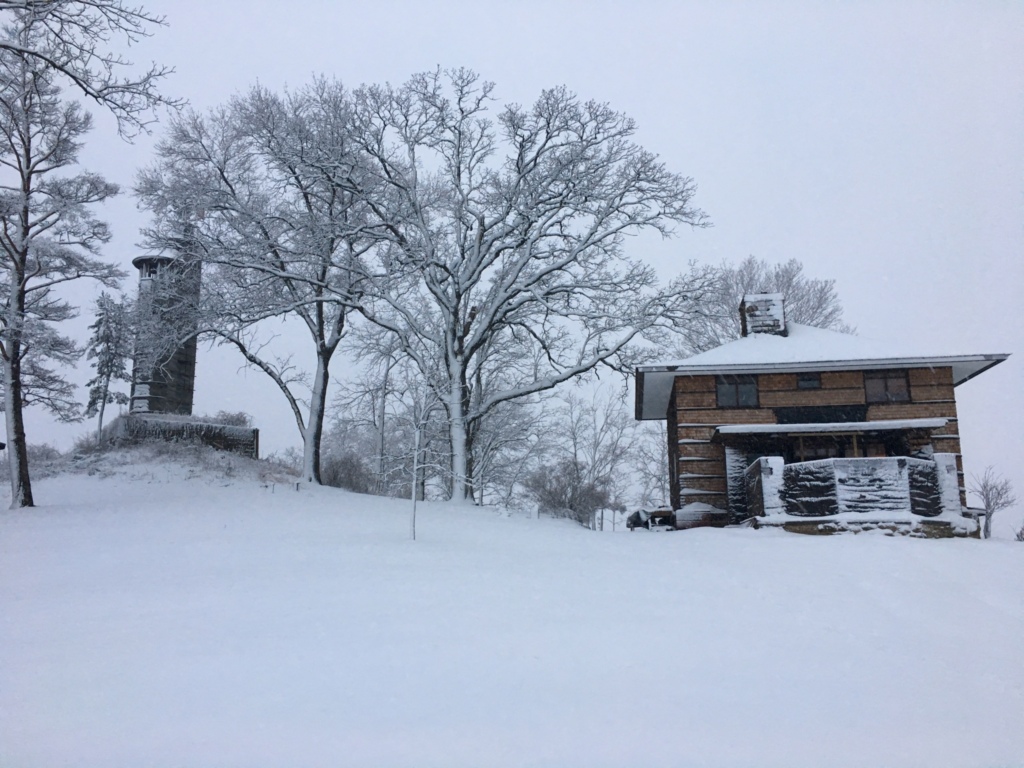
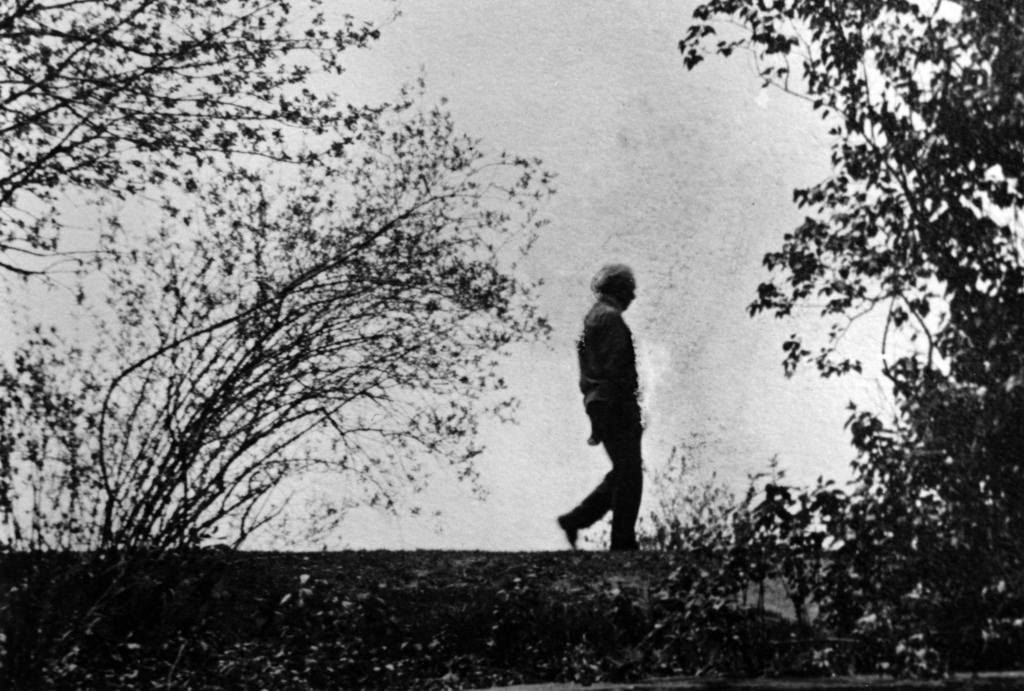
I love Wisconsin because of her Mieklejohn experiment at the University, whether it succeeded or not. And because of every sincere forward-looking experiment the State itself has ever made; because of her courage; her love of independence; her true belief in individuality as essential to immortality. I love her because she will spend her money to grubstake prospectors for future benefits to her posterity, even though some of her too, too substantial citizens call her foolish for that — and I love her because she has not so very many snobs.
I love her because she has so few highbrows. They are men educated far beyond their capacity, so my old master Louis Sullivan used to say. And I love her because most of her was for the temperance of the Declaration of Independence instead of for the prohibition that violates temperance.
Without taking myself too seriously, I hope I love her because I, too, am by birth and nature a Wisconsin radical. Radical is a fine word meaning “roots.” Being radical I must strike root somewhere. Wisconsin is my somewhere. I feel my roots in these hillsides and I know those of the oak that have struck in here beside me.
The oak and I understand each other.
Wisconsin soil has put sap into my veins. Why, I should love her as I loved my mother, my old grandmother, and as I love my work.
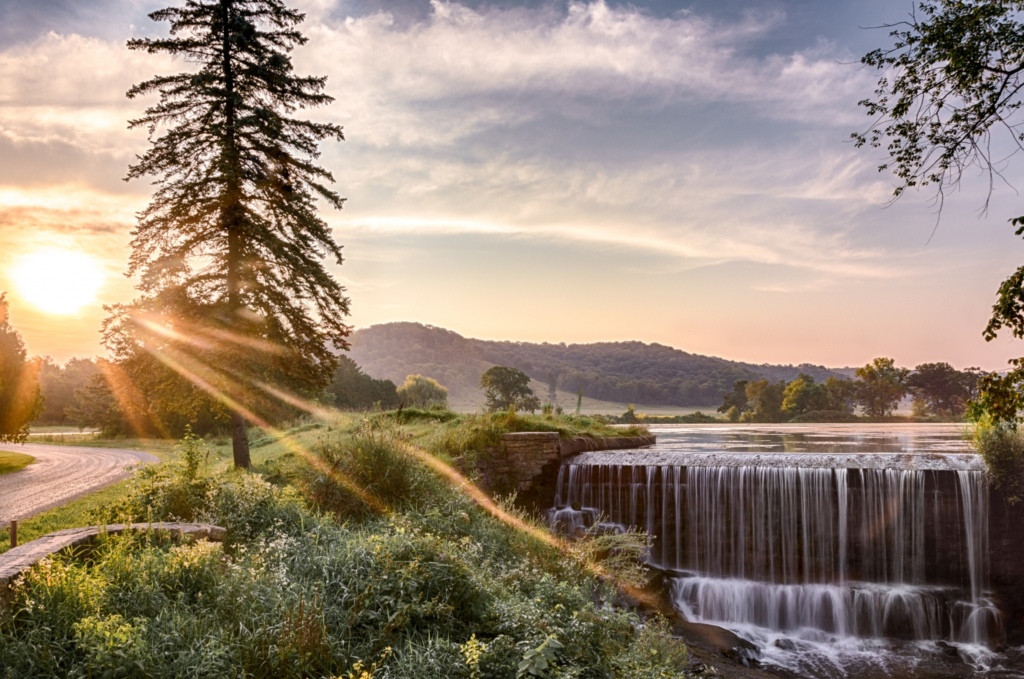
Photo by Andrew Pielage
If you are in the area, you can visit Taliesin to see firsthand why Wright loved Wisconsin. Our sister organization, Taliesin Preservation, is resuming their tours of Wright’s home (with extra safety precautions) on June 1.
